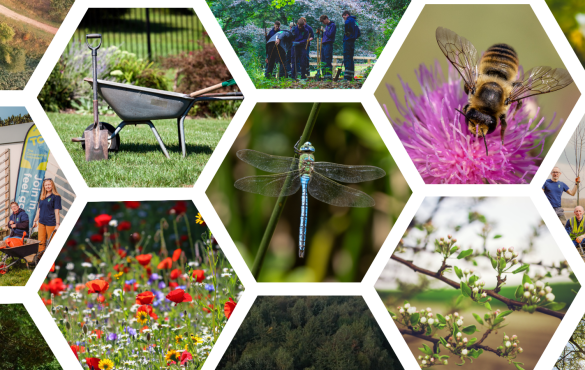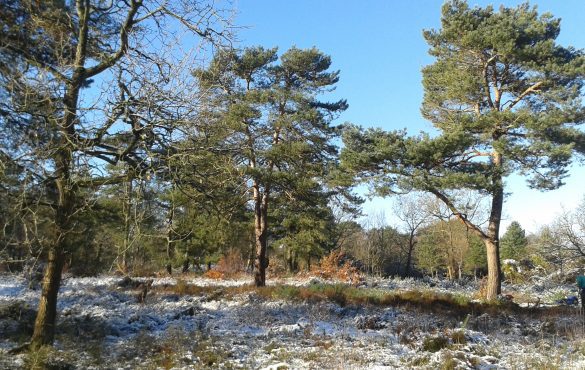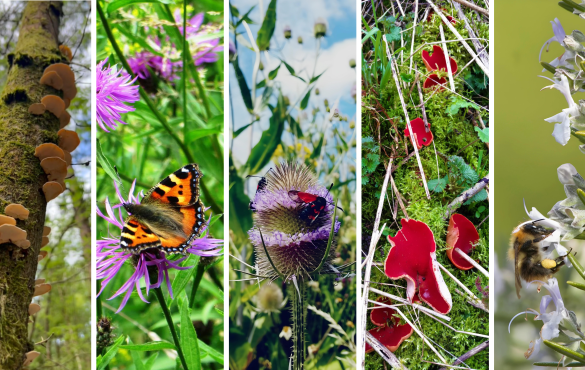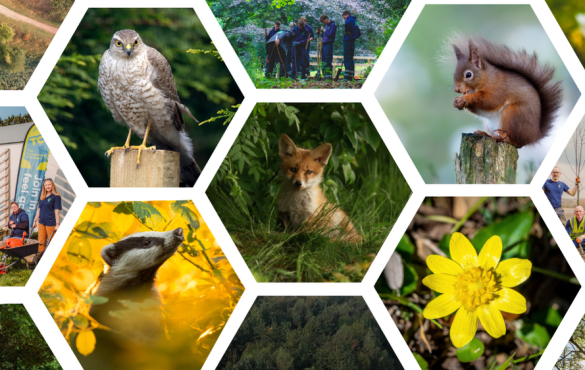Our local green spaces can soon be enjoyed with family and friends once again after months of separation, as lockdown restrictions begin to ease. This new level of freedom is celebrated by many across the UK, however for our environment it signals the sign of a new epidemic.
Last summer the relaxation of lockdown regulations saw a dramatic increasing in littering and fly-tipping across the UK. People spent more time outside, yet failed to recycle or clean up after themselves, leading to extreme amounts of rubbish littered in public green spaces.
While it was fantastic to see so many people appreciate nature and their local area – and we hope this momentum continues – we were saddened to read that the top four littered items in the UK were all easily recyclable, according to Planet Patrol’s 2020 ‘Extent of Litter in the UK’ report:
- Plastic packaging
- Drinks cans
- Plastic bottles
- Plastic fragments
The same report suggests that a shift to an ‘on-the-go infrastructure’ in the wake of the coronavirus pandemic has meant that many of our green spaces are overwhelmed with their bin to litter ratio. This is something the report refers to as ‘poor binfrastructure’.
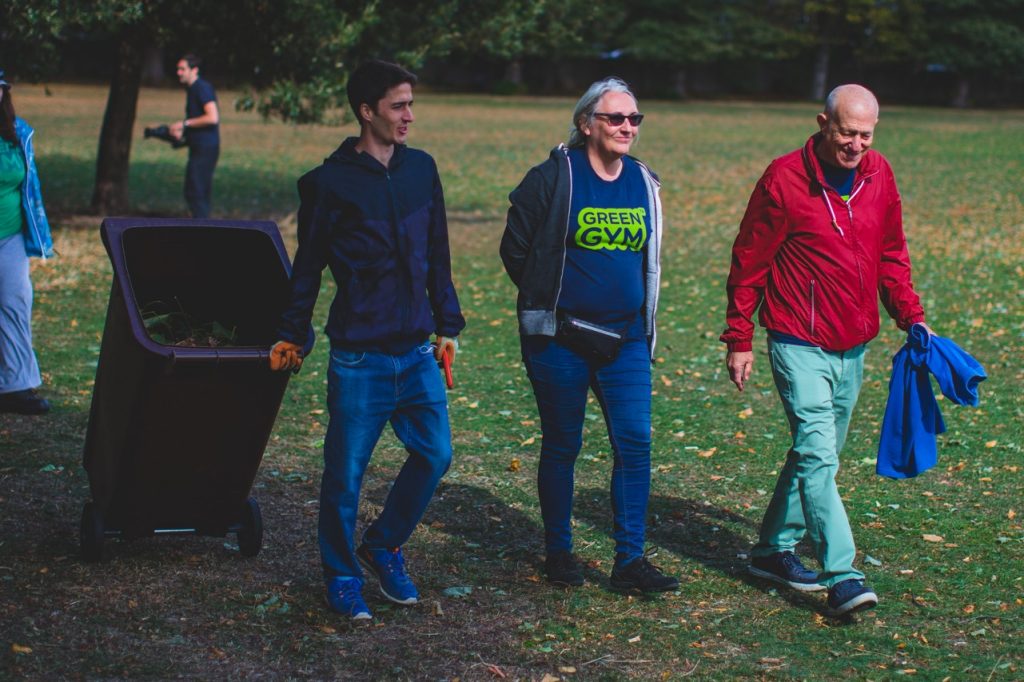
Our new measurement is…rubbish.
As part of our ongoing work to better understand the impact of our work, The Conservation Volunteers now measure the amount of rubbish collected during volunteering sessions.
Many of our teams and volunteers are involved in removing litter from sites and this is now something that we are doing on a significant scale across all our regions.
Last year between April and July, councils across the UK collected an average of 57 tonnes of additional waste on top of the usual amount according to Keep Britain Tidy.
When asking our teams to add what other tasks they complete aside from the environmental impacts we already measure, collecting litter was the most recorded. This ranged from an office chair through to general litter with 20 bin bags as the highest amount collected at one site. It is becoming a standard task in our volunteering sessions.
With much time being dedicated to collecting litter, it prevents our volunteers from spending time and effort into preserving our natural environment and making their local communities happier and healthier.
How you can help.
The most important step we can all take to tackle the littering problem within the UK is simple…don’t do it!
If a bin is full, hold on to your rubbish until you find one that is not. You may not realise that the bin won’t be emptied for some time and your sandwich packet could quickly fly off to a stream or get caught in a hedgerow.
This will reduce littering, but better still is to take it home to separate out into your recycle bins. A soggy coffee cup might not feel appealing to carry around with you, but remember the huge difference your small efforts can make to the environment.
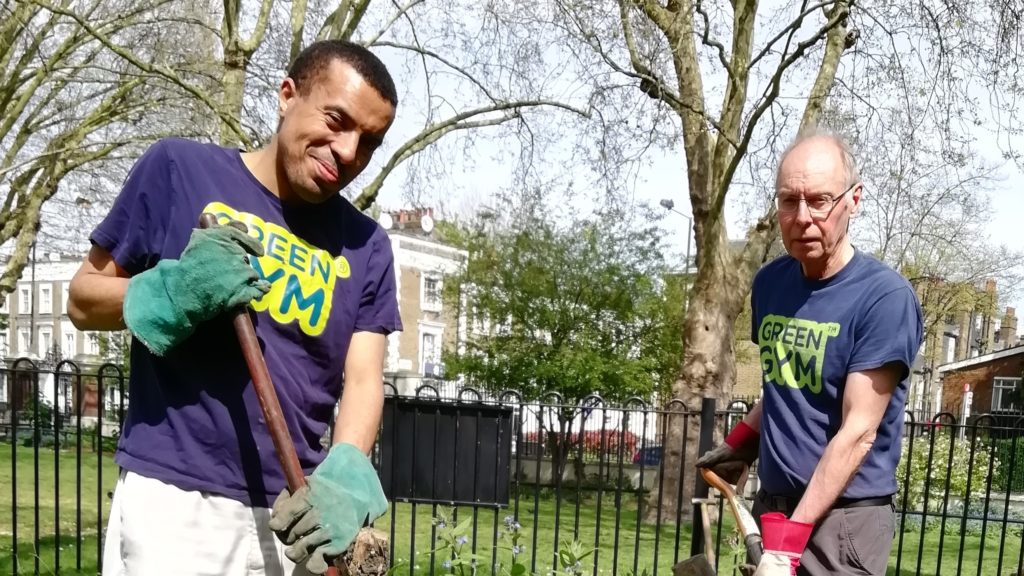
Even better still, take the step of finding a recycle bin out of the equation by cutting down overall waste.
Why not try using reusable bottles, cups, and containers? Single-use items have been favoured during the pandemic to stop the spread of COVID-19, however with lockdown rules lifting and hygiene standards that have been adopted still in place, these can still be used in a hygienic manner.
If you want to join in the battle against litter, as well as committing to reducing and recycling, join your local TCV volunteering group. Speak to your local office to find activities that involve socially-distanced litter picks, or see if there is a TCV Community Network group near you.

